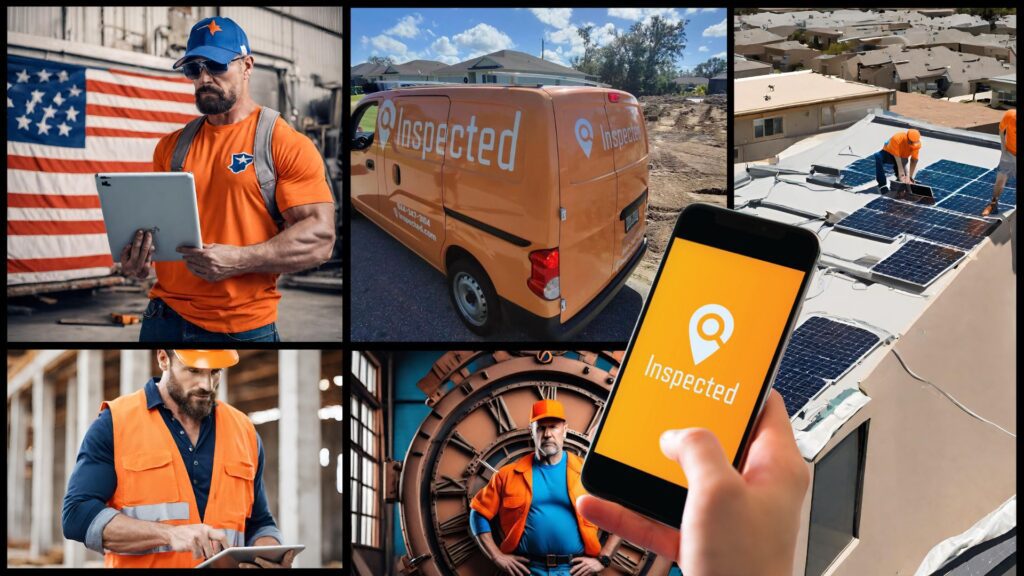Across Florida and Texas obtaining permits for new home construction has become a significant obstacle, with builders experiencing several weeks or months of delays. The result? Long delays in developing much-needed housing units worsen the shortage of available homes in the market and raise prices. In other states, including Georgia and Kansas, issues persist which are worth examining since they reflect national gaps, too.

Add in new energy efficiency standards, and the permit wait time has stretched to unprecedented lengths, creating frustration among builders and exacerbating the shortage of available homes.
Amidst these challenges, there is growing discussion about the potential of virtual inspections to streamline the permitting process and address the bottlenecks hampering housing development.
For instance, In recent years, Kansas City has witnessed a surge in housing demand driven by population growth and economic development.
However, this increased demand has yet to be met with a corresponding increase in housing supply, leading to a shortage of available homes and skyrocketing prices.
The permitting process, crucial in facilitating new construction, has become a bottleneck, delaying the development of much-needed housing units.
One of the primary reasons for the delays in permit issuance is the implementation of new energy efficiency standards. These standards, which aim to reduce energy consumption and carbon emissions in residential buildings, have added complexity to the permitting process.
Builders must comply with stringent energy efficiency requirements, often requiring revisions to their construction plans and additional documentation.
As a result, the wait time for permits has increased significantly, with builders experiencing delays of several weeks or even months. This prolonged wait time not only hampers builders’ ability to start new projects but also contributes to the overall shortage of available homes in the market.
Homebuyers must compete for a limited housing supply, increasing prices and exacerbating affordability challenges.
In response to these challenges, there is growing interest in the potential of virtual inspections to expedite the permitting process. Virtual inspections, which utilize remote video calls and digital documentation, allow inspectors to review construction progress remotely without needing an on-site visit.
Positive results in Florida, Texas, and Georgia showcase reduced time required for inspections and approvals, thereby speeding up the overall permitting process.
Contractors and homebuilders using virtual inspections argue that they offer several advantages over traditional on-site inspections. For one, they eliminate the need for inspectors to travel to construction sites, saving both inspectors and builders time and resources.
Additionally, virtual inspections are hyperefficient, as inspectors can review documentation and communicate with builders in real time without the constraints of scheduling conflicts or travel delays. Plus, they integrate with leading home services software, including Service Titan, used by HVAC, solar, roofing, and generator contractors.
Further, virtual inspections can improve the quality and consistency of inspections by providing inspectors with access to digital documentation and standardized inspection protocols.
Builders can upload photos, videos, and other documentation to a centralized platform, allowing inspectors to review the information comprehensively and ensure compliance with building codes and regulations.
Many concerns around virtual inspections are no longer justified, emerging as a champion of speed and regulatory compliance.
Some worry that virtual inspections might miss critical issues during on-site inspections. However, platforms like Inspected use advanced features such as high-definition video streaming and digital checklists and workflows to maintain rigid compliance.
Virtual inspections prioritize data security and compliance with privacy regulations. Robust encryption protocols and secure cloud storage safeguard sensitive information, ensuring confidentiality and integrity throughout remote inspections.